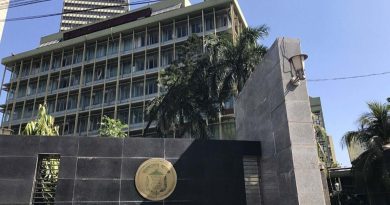The government has postponed the recently announced tariff hike at Chattogram Port for one month, following strong appeals from businesses worried about export competitiveness.
Shipping Adviser Brigadier General (retd) Sakhawat Hossain confirmed the decision on Sunday while speaking at a workshop on “Customs and Port Management: Problems, Prospects, and Way Forward,” jointly organised by the Economic Relations Division (ERD) and the Chattogram Port Authority.
He said the revised charges—driven by rising operating costs and large-scale projects like the Bay Terminal—were essential, but the temporary suspension would ease pressure on exporters. “The government has decided to postpone the rollout of the revised tariff structure for one month,” he noted.
Business leaders, however, urged the government to extend the deferral to at least six months and cut certain charges, pointing to higher US tariffs and other global trade challenges. They also criticised inland container depots (ICDs) for raising service charges without improving capacity or service quality.
The new tariff structure, averaging a 40–45 per cent rise across port services and ICDs, has already sparked concern. Exporters complained that weak enforcement by the National Board of Revenue (NBR) allows service gaps to persist.
Stakeholders at the workshop called for a joint taskforce to tackle systemic bottlenecks, reforms to speed up container auctions and cargo clearance, and full automation of customs. They also stressed faster development of off-dock facilities, better road links to Chattogram, and early completion of the Bay Terminal.
Looking ahead, the shipping adviser said the government will finalise a comprehensive National Port Strategy by year-end to modernise infrastructure and align operations with global standards. Plans include a cold storage facility at Mongla Port, which he said could grow into a regional trading hub.
Senior officials also highlighted the need for compliance with International Maritime Organization (IMO) rules, which require major infrastructure investments. “Revenue from the revised tariffs will be used to fund these improvements,” one official said.
Experts further emphasised that stronger environmental compliance and efficiency are vital as Bangladesh prepares to graduate from Least Developed Country (LDC) status in 2026. They warned that unresolved operational and regulatory hurdles at ports could undermine trade and investment during the transition.






